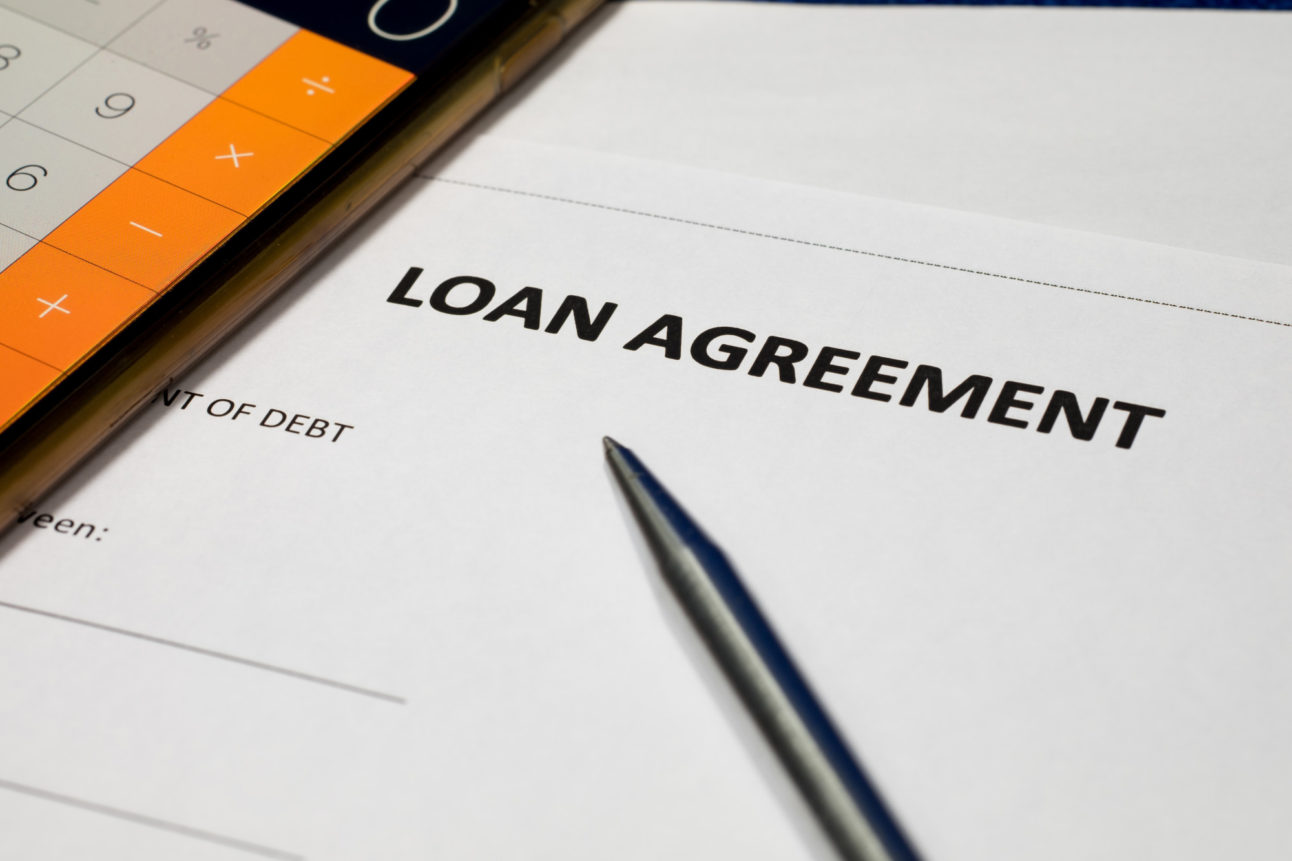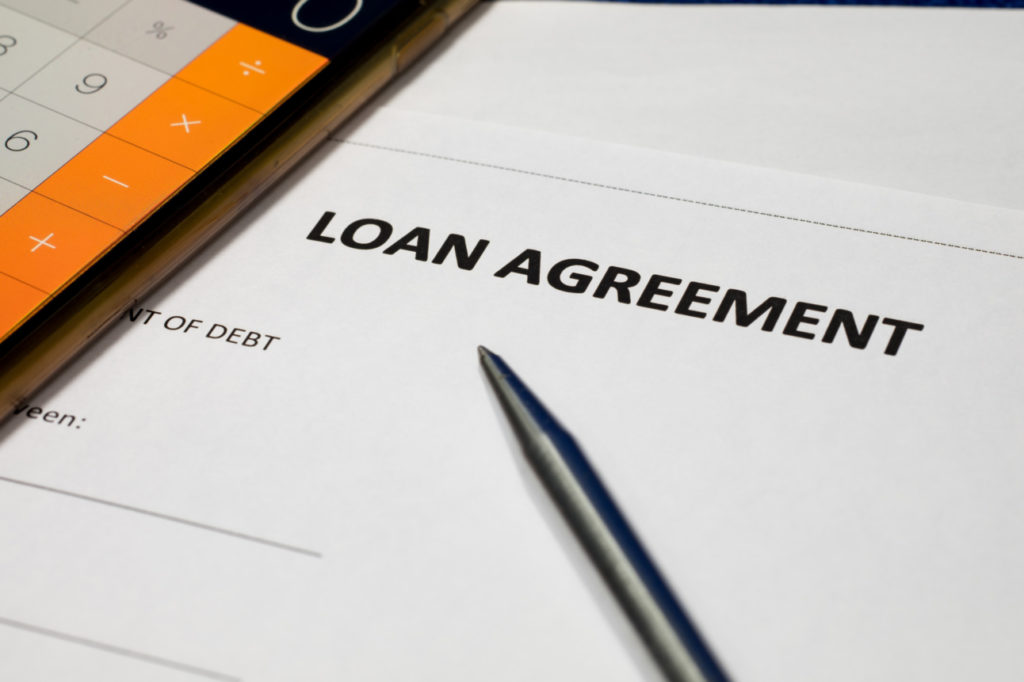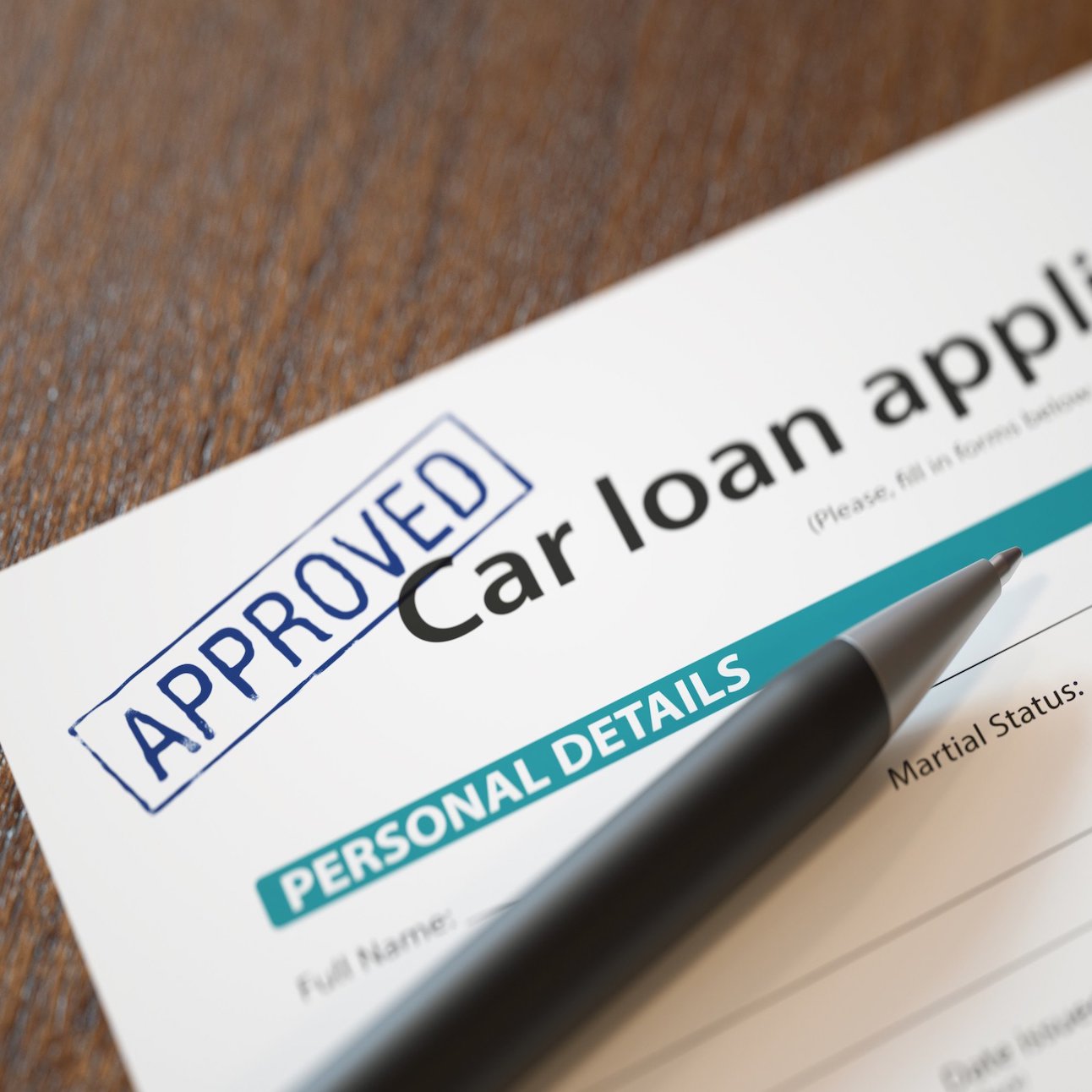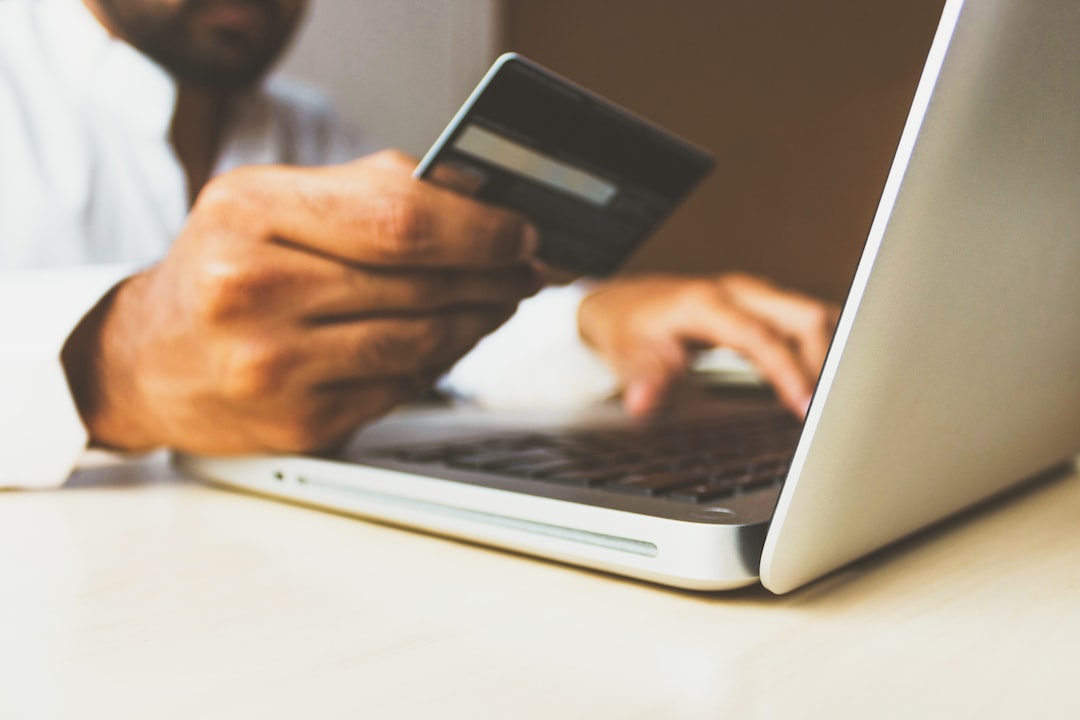

Regarding your finances, there’s something about reality that pokes at you from every side. Whether you’re in debt or dealing with a financial crisis, it’s easy to fall into the trap of saying there’s only one way to borrow money. Especially when contemplating what type of loan best suits your unique situation. Even if you have no idea what kind of loan will be best for you, there’s nothing wrong with gaining more knowledge about them. Keep reading to see the comparison of a secured vs unsecured loan.
What Is a Secured Loan?
A secured loan is one in which the lender has the right to take possession of any assets you put up as collateral if you default on the loan. It can sound scary, but it’s a way to ensure the lender gets their money back if you don’t repay the loan.
Generally, a secured loan has a lower interest rate than an unsecured loan because there’s less risk for the lender. Your car, house, or any valuable items you own (jewelry, art, antiques, etc.) are examples of assets that can be used as collateral for a loan.
For example, if you take out a car loan, the lender will take the car as collateral if you don’t pay back your loan. You’ll have to pay a monthly loan payment; if you miss one or two payments, the car becomes the lender’s property and can be sold at auction. The lender can also repossess the car immediately if a payment is missed.
Types of Secured Loans
There are several factors to consider when choosing a loan, and the first one is your credit. If you have a low credit score, or if you don’t have a score, the best option could be to get a secured loan.
A secured loan means you put something up as collateral if you fail to repay the loan. There are many types of secured loans available to consumers, and these are the most common:
Some Personal Loans
These types of loans are used for many purposes. Personal loans have higher interest rates compared to other kinds of loans. The length of a personal loan varies, but most are between 12 and 84 months.
Secured Credit Cards
Secured credit cards are perfect if you have bad credit and are looking to rebuild or if you have no credit and want to start fresh. Secured cards require a deposit upfront — usually between $50 and $500 — that is your credit limit. However, your credit profile will improve over time if you make on-time payments.
Auto Loans
These types of loans are used to purchase a car or truck. Auto loans typically have lower interest rates compared to other kinds of loans. The length of an auto loan varies, but most are between 36 and 72 months.
Home Equity Loans
These loans allow consumers to access the equity in their home to fund a variety of different purposes, such as home renovations, medical expenses, or consolidating debt. Home equity loans are often interest-only or fixed-rate loans with a fixed term of up to 15 years.
What Is an Unsecured Loan?
Unlike a secured loan, an unsecured loan is not backed by collateral. Instead, the lender takes a chance on your ability to repay the loan without the security of real estate or some other valuable asset. As a result, the interest rate on an unsecured loan may be higher than that of a secured loan.
Credit cards, signature loans, and some personal loans are all examples of unsecured loans. Nevertheless, an unsecured loan can get you what you need if you need quick cash. The downside is that you’ll likely pay a higher interest rate.
In addition, if you can’t make the payments on an unsecured loan, there’s no collateral to repossess. Instead, the lender will likely turn to your credit report and report you to the credit bureaus, which can impact your ability to get a loan in the future.
Types of Unsecured Loans
Getting an unsecured loan is simple. You just need to meet the lender’s requirements, which generally include being at least 18 years old with a valid Social Security number.
Most lenders also require that you have a valid bank account in your name. Credit history requirements vary depending on the lender and your unsecured loan type.
Cash Advance Loans
These loans are often used to bridge the gap between paydays. Cash advance loans are usually unsecured with a fixed interest rate.
Unsecured Credit Cards
A credit card provides an unsecured line of credit that you can use to make purchases or take out a cash advance. Unlike other forms of credit, these cards often have variable interest rates and no minimum monthly payment.
Installment Loans
Installment loans allow you to borrow money and repay it over time. These loans are usually fixed and paid back in monthly installments.
Unsecured Line of Credit
This loan is given without collateral and can be used for almost anything. However, interest rates for these loans are usually higher than secured loans.
Student Loans
Student loans allow people attending school to borrow money to pay for tuition and expenses. Student loans are often fixed-rate or variable-rate loans with a term of up to 10 years.
Secured vs Unsecured Loans: Which Is Right for You?
Ultimately, there’s no one-size-fits-all answer to secured vs unsecured loans. Your options will depend on your credit history, your lender, and your ability to repay the loan. For example, it may be ideal if you can secure a low-interest rate on an unsecured loan.
We at Kingcash have the perfect loan solution for you. Our advanced technology provides quick and easy personal lending services in Canada.
In addition, we provide same-day loans with no credit check. So apply now and claim your cash today!


